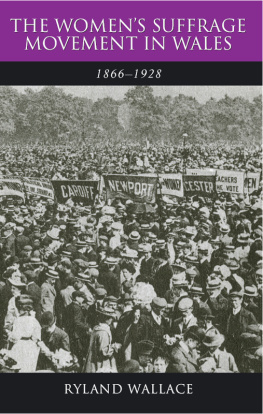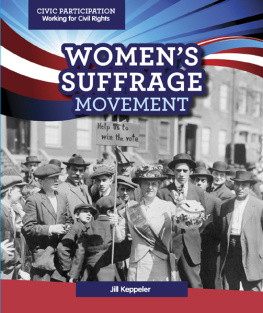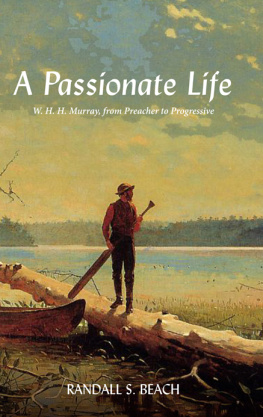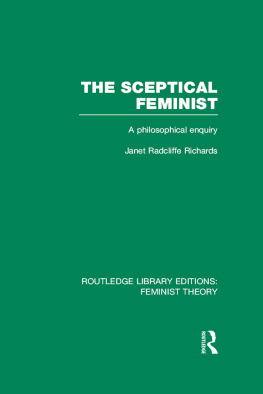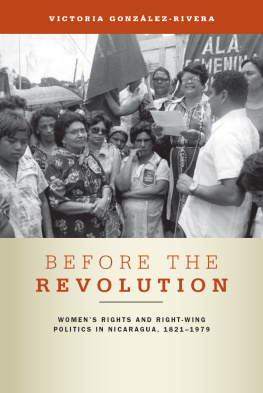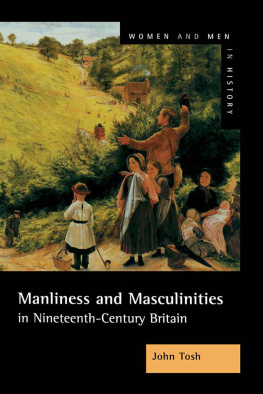No. LXIX.JANUARY 15TH, 1879.
ART. I.H.R.H. PRINCESS ALICE OF HESSE.
IN these days of over-strained sentimentality when, amidst much good work and real self devotion, there seems such a tendency to over estimate and exaggerate all that is done, testimonials have become a laughing stock, and, as, no sooner is a person dead than they are immediately supposed to be possessed of all the virtues, it is by no means easy to form a really just and fair opinion of the character of any public personage. Exaggerated expressions of praise, outpourings of such grief as is really felt only when ones own nearest and dearest are taken away, and then probably, the more real it is, the lees it is paraded, all this brings with it its own penalty; and even those who really appreciate the person who is gone, and mourn their loss, feel disgusted by what they know is and must be more or less insincere.
But when all allowance is made for this tendency or the age, I think no impartial observer, taking merely the facts which have become publicly known, can deny that the death of Princess Alice has been truly and sincerely mourned, alike in her native and in her adopted country and with very good reason. In the simple, but touching words of the Prince of Waless letter to Lord Granville, she was so good, so kind, so clever; she has been taken away, by the inscrutable decree of an All wise and All loving Father, from a life of such happiness and usefulnessand she has left behind her an example which, each in her degree, every woman will do welt to meditate upon, and to imitate. A few details of her labours for the good of others, will perhaps not be unacceptable to our readers.
I will not dwell on her devotion to the Prince Consort in the illness which by a strange and sad coincidence, terminated fatally on the same day of the week and year as her own, nor on the share which, under Gods blessing, her skilful nursing had in promoting the Prince of Waless recovery from his frightful illness in 1871. Little more than a year later came the terrible calamity which so changed and saddened her expression, her second boy being killed before her eyes by a fall from the window. But even this sorrow seems not to have been without its blessing. Launched at nineteen into German life, where rationalism, in its most insidious forms, is rampant, she had to struggle through a period of doubt and uncertainty. But when trouble came, she sought comfort where alone it can be found, and in her most truly was the promise fulfilled If any man will do His will, he shall know of the doctrine, whether it be of God.
Her active and untiring exertions in the service of others seem to have ranged themselves chiefly under two heads:the care of the sick, specially of the sick and woundedand the employment and industrial training of women. She founded two large associations, called by her name Alice Vereine, for each of these purposeswhich of course went hand in hand, as the training of hospital nurses opened up an excellent branch of employment for women. How hard she worked herself during the Franco-German war, when train after train, full of sick and wounded soldiers came back from the blood-stained battlefields of France, only those who were on the spot could realize. Her great power of organization, her tact, and real earnest devotion to the work stood her in good steadand the spirit in which she worked is best shown by the motto she had printed: We must become the friends of the poor, in order to be their benefactors.
When the war was over, a hospital of twenty-four beds, called the Alice Hospital, was founded at Darmstadt by the association for the care of the sick and wounded, and its beneficent operations are further extended to the orphans of those who succumb to their wounds; a special committee being formed to superintend the boarding out of such children at the expense of the State.


